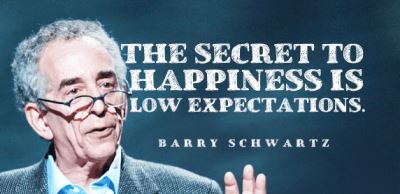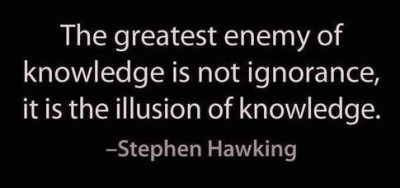Following up on the previous post ‘How to Respond When You Feel Unworthy‘ I would like to share with my French readers how it is becoming increasingly obvious to me that the French school system specifically develops the feeling of unworthiness in students.

In particular in competitive classes like ‘Preparatory Classes’ for major schools or in elitist high schools, teachers tend to try to motivate students by telling them they are no good, much less clever than the previous class, that they have no change of ever succeeding etc.
This behavior has many consequences: those who survive the treatment self-select themselves, and this fosters the feeling of unworthiness in students which will follow them up all their life.
In many other countries, even in competitive classes, teachers generally seem to tend to be more supportive of students, and encourage their successes.
I would maybe even suggest that this behavior in France has some substantial long-term consequences on the psyche of the elite students which form after some time the country’s elite.
I am not quite sure about the reason for this behavior but it is becoming now quite obvious to me, having been living abroad and having now children than enter those competitive classes. Maybe we should try to change this, in particular in view of the changes in the world surrounding us!











